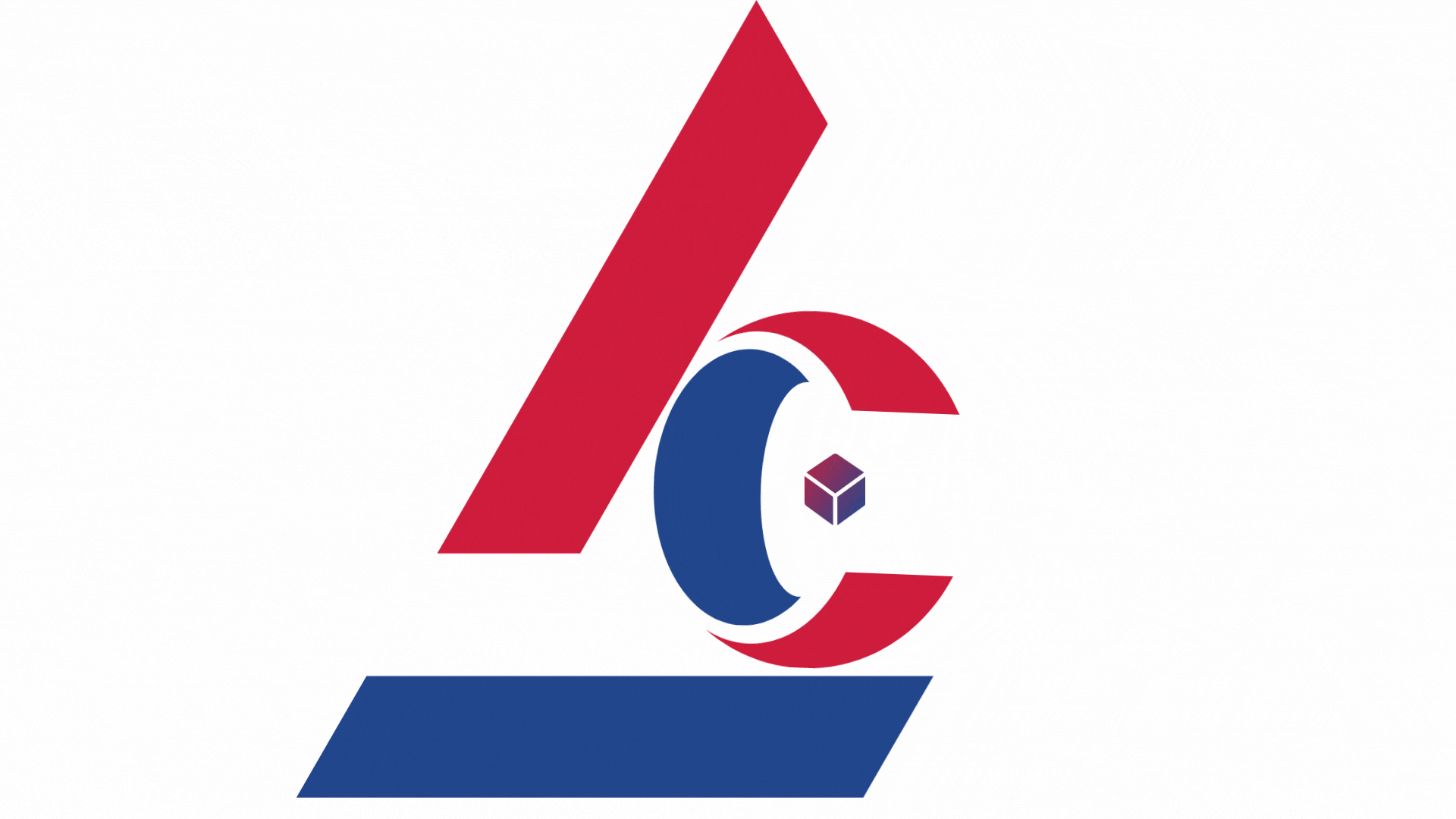By the Numbers: Dyslexia and Autism in Children Under 12
Blog post description.
3/13/20252 min read


March 13, 2025
UK & Global Perspective Statistics: Children under 10–12 with dyslexia and autism face profound challenges that shape their early years. Below are some disturbing numbers and it is now a top health challenge amongst children.
Global: Dyslexia 3–17% (60–140 million), autism 1–2% (20–40 million).
UK/EU: 10% dyslexic, 1% autistic.
USA: 15% dyslexic, 1 in 36 (~2.78%) autistic.
Asia (India): 3–5% dyslexic, 1–2% autistic.
Global Child Population Basis
Total Children (Estimate): ~2 billion under 12 globally (UNICEF, rough 2023 figure adjusted to 2025).
Neurodiverse Estimate:
Dyslexia: Midpoint 10% (3–17%) = 200 million.
Autism: Midpoint 1.5% (1–2%) = 30 million.
Combined (accounting overlap, ~30% per studies): ~230 million (~11.5% total, assuming some dual diagnoses).
Regional Slices
UK/EU: 10% dyslexic + 1% autistic = ~11% (assume 300 million kids, ~33 million affected).
USA: 15% dyslexic + 2.78% autistic = ~17.78% (assume 60 million kids, ~10.7 million).
Asia (India proxy): 4% dyslexic (3–5%) + 1.5% autistic = ~5.5% (assume 800 million kids, ~44 million).
Global Average: 11.5% (230 million of 2 billion).
Unaffected: 88.5% (1.77 billion).
Major Issues: Dyslexia brings decoding struggles—English’s irregularity trips up UK/US kids, while China’s logograms confuse character recognition. Autism disrupts social navigation—Japan’s rigid norms isolate kids, and India’s noisy classrooms overwhelm sensory-sensitive learners. Both conditions spark anxiety, low self-esteem, and exclusion, worsened by late screening (e.g., UK waits, US ADHD overlap at 30–60%). Teachers often misread these as defiance, delaying support.
Current Efforts: The UK’s 2021–2026 Autism Strategy pushes teacher training and faster diagnoses, while the EU funds inclusive tech pilots. The US leverages IDEA laws for IEPs, though rural access lags. India’s PASS program trains parents, but rural stigma persists; Singapore screens early, yet social pressure mounts. Efforts are patchy—China and Japan lean on traditional methods, missing scalable EdTech.
Policies Emerging: The UK’s SEND review (2025) eyes tech integration; the US National EdTech Plan (2023) explores AI screening. Singapore and Japan draft AI-in-education guidelines, while India lags despite WHO’s neurodiversity push.
Future with AI/AR: Tools like ours at Lowercase Solutions Ltd blend AI and AR to create immersive, personalized learning—think real-time reading aids or calming sensory spaces. By 2030, these could cut diagnosis delays, boost engagement, and scale globally, turning struggles into strengths from Nottingham to New Delhi.

Co-ordinates
© 2024 Lowercase Solutions Ltd. All rights reserved. All information, content, and materials on this website are the property of Lowercase Solutions Ltd. and may not be reproduced, distributed, or used without prior written permission.
info@lowercase.org.uk
Registered & Trading Office :Regus House, Herald Way, Pegasus Business Park, Nottingham, Nottinghamshire, DE74 2TZ, United Kingdom
